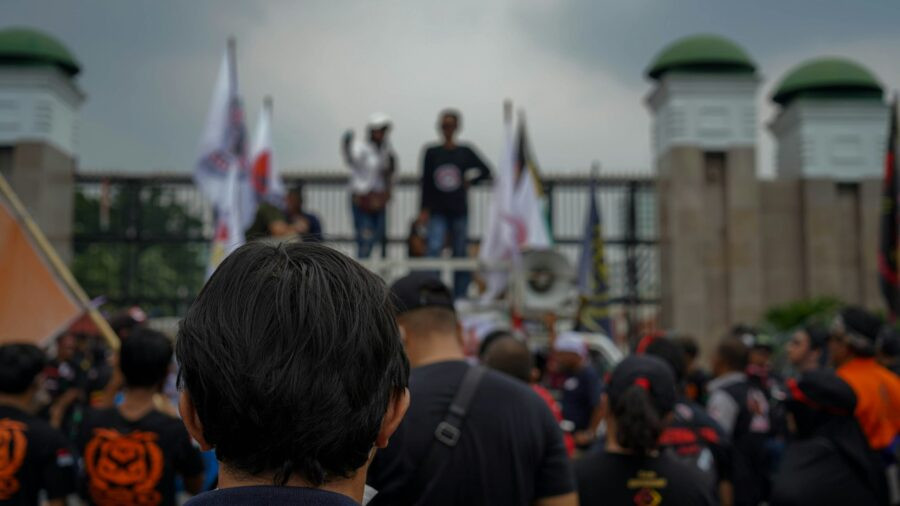Indonesia’s House of Representatives decided against revising the controversial local election law on Thursday (22/8/24) following nationwide student protests accusing political parties of attempting to manipulate the law to allow President Jokowi’s son, Kaesang Pangarep, to run in the gubernatorial election, according to reporting from Jakarta Globe.
House Deputy Speaker Sufmi Dasco Ahmad confirmed that the proposed amendment was not included on the agenda of the plenary session earlier in the day.
Earlier in the week, the Constitutional Court upheld the current law, which sets a minimum age of 30 for gubernatorial, mayoral, and regency candidates, with eligibility determined by the date of official approval by the General Election Commission (KPU) on September 22. Kaesang, who turns 30 in December, would be ineligible under this ruling, says Jakarta Globe.
In contrast, a recent Supreme Court ruling said that the minimum age should be determined by the date the elected candidate assumes office next year, which would make him eligible. However, under Indonesia’s legal framework, the Constitutional Court’s decision takes precedence in matters of election law, overriding the Supreme Court’s interpretation.
Jakarta Globe reports that the debate around Kaesang’s candidacy fueled suspicions of political maneuvering and favoritism by parties loyal to both President Jokowi and President-Elect Prabowo Subianto. These suspicions ignited student protests across the country on Thursday, forcing lawmakers to abandon any efforts to amend the law.
In response to the public outcry, Sufmi confirmed that the upcoming local elections would proceed under the current Constitutional Court ruling.
“The registration of candidates on August 27 will be based on the Constitutional Court’s decision. The matter is resolved,” said Sufmi, who also serves as the acting chairman of Prabowo’s Great Indonesia Movement Party (Gerindra).
He ruled out the possibility of revisiting the issue, pointing out that candidate registration would already be underway by the next plenary session.
“By next Tuesday, candidates will begin registering. It’s impossible to raise this issue again at that point unless we intend to create chaos,” he added.
Sufmi also noted that any changes to the election law would be the responsibility of the next term’s lawmakers, who are set to be inaugurated in October.
Source: Jakarta Globe
Stock photo by Dino Januarsa on Unsplash


